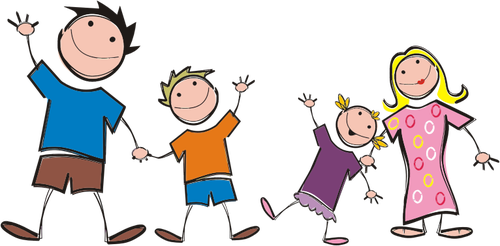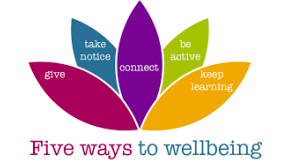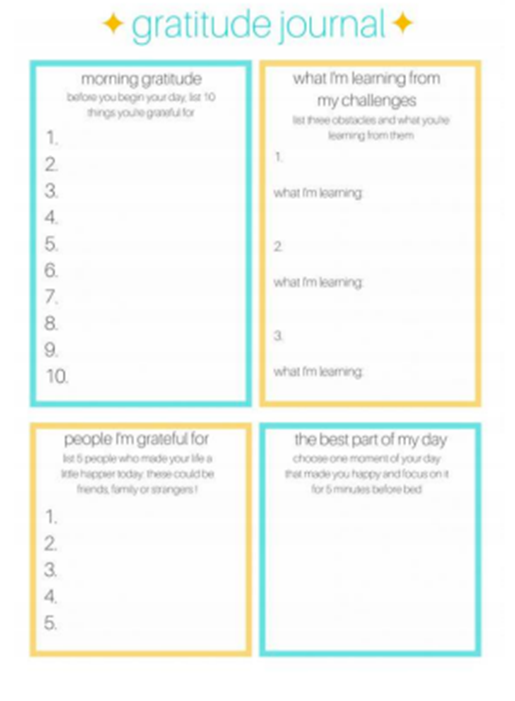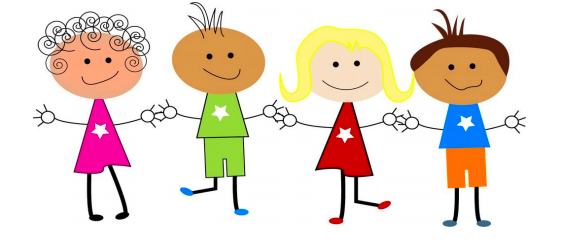Wellbeing MATTERS!
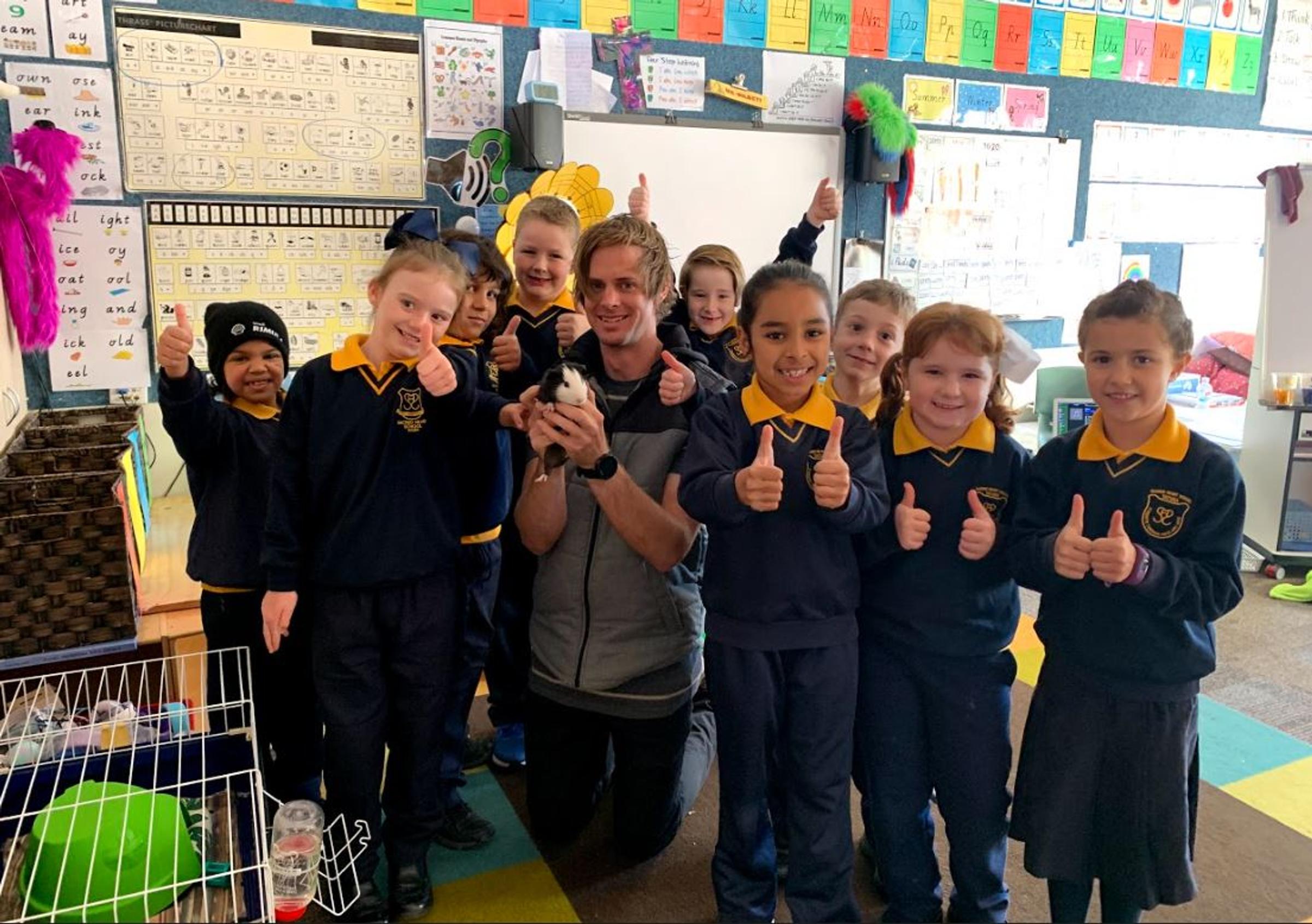
Wellbeing MATTERS!
Dear Families,
I “thought” we were back at school but alas no! When I wrote this article on the weekend I had started by saying we’re still finding ourselves in ‘unusual’; ‘challenging’; ‘difficult’; “interesting”(just a few of the terms I have heard people call our present circumstances) times that continue to impact on our children’s lives at school and of course our lives as adults, as we work to manage all that continues to unfold around us. And of course - now we are back to ‘remote learning’ ……… so what I’ve written will still be of relevance and assistance……….
So, we just wanted to remind everyone that here at Sacred Heart school we believe that wellbeing, physical and mental health are extremely important. We want to support the whole family during this time. It is important that our Parents and Carers feel supported and well in themselves so the tips and links you will find within this newsletter are to support adults and children.
- Connect - What better time to get in touch with family and friends and find out how they are managing and coping with this new reality and its uncertain duration?
- Be active - Get some exercise - walking, running, yoga, anything - whatever makes you happy - it is a great way to structure the day that seems so different now.
- Take notice - Pay attention to whatever is taking place in the moment and watch how your mind relates to difficulty.
- Keep learning - You can learn something new about viruses, vaccines or simply about yourself and how you respond in a crisis.
- Give - Offering help and support to others even simply a listening ear can be therapeutic during these troubling times.
Make peace with uncertainty
This situation is one of extreme uncertainty. We don’t know what will happen, how long it will last or what things will be like when it’s over. One thing we do know, however, is that worrying about it won’t change the outcome or help us. Learning how to tolerate the uncertainty is a huge part of building healthy coping skills for ourselves, which we can then model for our children.
Mindfulness helps bring us back to the present. Your children will have discussed this at school in recent times and participated in activities that would benefit them. Here are some ideas you can try with your children…..
- Squeeze Muscles: Starting at your toes, pick one muscle and squeeze it tight. Count to five. Release, and notice how your body changes. Repeat exercise moving up your body.
- Belly Breathing: Put one hand on your stomach and one hand on your chest. Slowly breathe in from your stomach (expand like a balloon) and slowly breathe out (deflate).
- Mindful Meal: Pay attention to the smell, taste and look of your food. No multitasking.
- Meditation: Sit in a relaxed, comfortable position. Pick something to focus on, like your breath. When your mind wanders, bring your attention back to your breath.
- Blowing Bubbles: Notice their shapes, textures and colours.
- Colouring: Colour something. Focus on the colours and designs.
- Listening to Music: Focus on the whole song, or listen specifically to the voice or an instrument. Trying some of these ideas as a family is a great step to being more mindful.
Trying some of these ideas as a family is a great step to being more mindful.
There's always something to be thankful for!
There is lots of research to show that deliberately focusing on the good things in our lives - practising gratitude - can improve our wellbeing.
It's easy to give in to our natural 'negativity’ as our brains strive to protect us from harm, but we can counter that by deliberately focusing on what's good, even during challenging times.
- At the end of each day, write down three good things about the day, no matter how small (a rainbow in the sky, another day without symptoms, a funny joke you heard…it's amazing what you'll notice when you pay attention!).
- Share at least one positive story with other people each day.
- Say 'thank you' for all the little things others do for you and mean it. There are some great apps that you can use for this, this useful site explains and rates them for you https://www.happierhuman.com/gratitude-app/ or if you prefer to stay screen free a basic one is attached on the page.
Laughing is a therapy
Laughing feels good, boosts our immune system and helps us keep things in perspective.
Laughing with others strengthens relationships and, because laughter is contagious, we laugh more with others.
• Share jokes at home and online.
• Watch funny clips and films.
• Try laughter yoga; there are plenty of examples on YouTube.
There is some research evidence that even fake or forced laughter can improve mood and wellbeing. Here’s a great link for some jokes but I am sure you can come up with a few https://inews.co.uk/light-relief/jokes/jokes-kids-funny-497875
Here a few more websites that may be of interest or assistance as we move back into Stage 3 Restrictions:
https://www.pblworks.org/for-families
https://www.smilingmind.com.au/
https://www.childrens.health.qld.gov.au/covid-19-birdie-virus/
Please feel free to contact me if you have any concerns or worries.
Debbie Turvey
Pastoral Wellbeing & Learning Diversity Leader
dturvey@shtatura.catholic.edu.au
Stay tuned in our school newsletter for more ideas and conversations around promoting wellbeing and learning in our school community.
Have a great week, make the choice, be your best!

